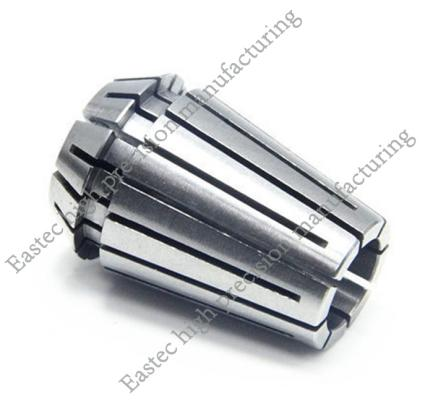
With the continuous development of the machinery manufacturing industry, sand casting, as an essential molding technology, plays an irreplaceable role in many fields. This article will delve into the application of sand casting in the machinery manufacturing industry and showcase its unique charm in modern industry through practical case studies.
1. Overview of Sand Casting Process
Sand casting, also known as sand mold casting, is a method of pouring molten metal into a pre-prepared sand mold, where it solidifies to form the desired shape and size of the casting. This process is widely used in the machinery manufacturing industry due to its advantages such as low cost, strong adaptability, and high production efficiency.
2. Application of Sand Casting Process in the Machinery Manufacturing Industry
- Automotive Manufacturing: Sand casting is particularly prevalent in the automotive industry. For instance, critical components like engine blocks and crankcases are efficiently produced using this process. Additionally, with the rise of new energy vehicles, sand casting also plays a vital role in manufacturing components such as battery trays and motor housings.
- Machinery Manufacturing: In this field, sand casting is used to produce various machine tools, reducers, pumps, valves, and other equipment parts. These parts often require high precision and strength, which sand casting can meet, ensuring product stability and reliability.
- Aerospace Industry: Due to its ability to produce complex structures and castings with high performance requirements, sand casting is also widely used in the aerospace industry. For instance, aircraft engine blades and turbine disks are precisely and high-quality manufactured using this process.
3. Case Study
Take a certain automobile manufacturing company as an example. This company employs sand casting to produce engine blocks. By optimizing sand mold design, enhancing sand mold strength, and controlling the temperature and pouring speed of the molten metal, the company has successfully achieved efficient and high-quality production of engine blocks. This not only enhances the competitiveness of the product but also brings significant economic benefits to the company.
4. Conclusion
The application of sand casting in the machinery manufacturing industry is extensive and profound. Its unique molding capabilities and excellent technical performance provide strong support for the development of modern industry. In the future, with continuous technological advancements and changing market demands, the sand casting process will continue to play a crucial role in the machinery manufacturing industry, driving continuous innovation and growth in the industry.





 Customer service 1
Customer service 1  Customer service 2
Customer service 2